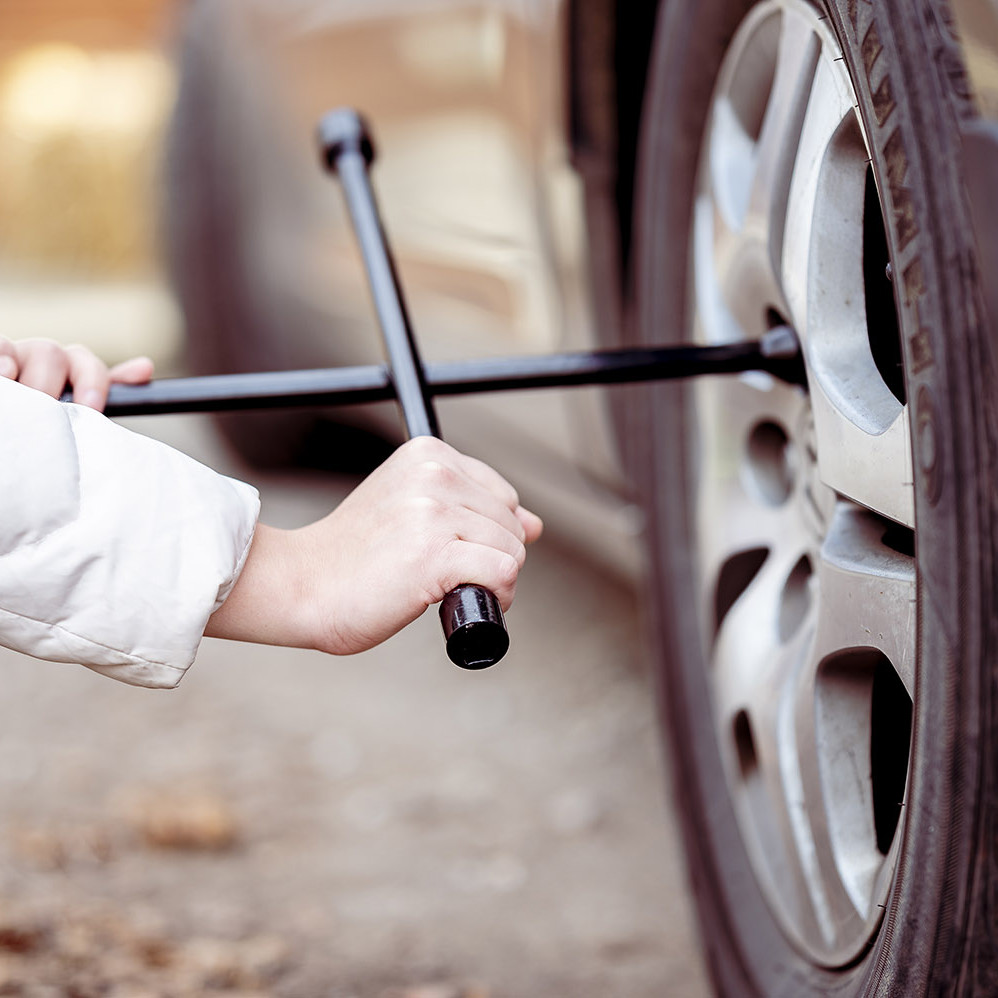How to Stay Safe During a Florida Road Trip: Travel Tips for Unexpected Emergencies
A Florida road trip promises sunny skies, fresh seafood, and palm-lined drives. From Miami’s lively coastlines to Clearwater’s white-sand beaches, the Sunshine State is filled with destinations worth exploring.
But even paradise has potholes. Flat tires, sudden storms, and missed exits can turn a dream journey into a stressful scramble. New environments and unfamiliar traffic patterns make it harder to stay calm when things go wrong. The good news? A little preparation goes a long way.
This guide offers practical tips to help travelers handle minor mishaps and more serious incidents on the road. From pre-trip planning to knowing how to react after a collision, these insights will help ensure that an unexpected detour doesn’t ruin your vacation.
Prepare Your Vehicle and Documents
Before you hit the highway, give your vehicle a thorough checkup. Check tire pressure, fluid levels, and brake lights. Pack an emergency kit with essentials such as a first aid kit, jumper cables, reflective triangles, bottled water, and a phone charger.
Bring copies of your insurance and registration in a waterproof folder. Consider adding travel insurance that covers rental cars and medical care. Keep a list of local towing services and carry a printed map in case your GPS fails. These small steps can save time and reduce stress when problems arise.

Navigating Serious Accidents
No one plans on a crash, but being prepared makes a big difference. If an accident occurs:
- Check yourself and passengers for injuries, then move to safety
- Call 911 and wait for authorities
- Document the scene with photos and exchange information with all parties
- Avoid admitting fault; stick to the facts for reports
In certain cases, seeking legal advice protects your rights. Travelers unfamiliar with local laws may feel overwhelmed. If your trip takes you to Pinellas County and you’re involved in a collision, contacting a car accident lawyer in Clearwater can help you understand Florida’s no-fault rules and guide you through the claims process. Local expertise ensures you don’t miss important steps while you focus on recovery. Attorneys can also communicate directly with insurance providers, reducing stress during an already difficult time. Their guidance ensures your claim is handled fairly, so you can concentrate on getting back to your travels.

Handling Minor Roadside Issues
A minor breakdown doesn’t need to derail your adventure. If you notice a warning light or hear a strange noise, pull over to a safe spot away from traffic. Switch on hazard lights and place reflective triangles behind your car.
For flat tires, use a jack and spare tire if you know how; otherwise, call roadside assistance. If your engine overheats, turn off the air-conditioning, open the hood, and let the engine cool before checking coolant levels. When unsure, call a professional rather than risk further damage.
Know Florida Road Rules and Hot Spots
Florida’s highways can be busy and unpredictable. U.S. 19 and Gulf to Bay Boulevard in Clearwater are known for heavy traffic and frequent collisions. Court Street and McMullen Booth Road also experience high accident rates, especially near major intersections.
Respect speed limits, watch for pedestrians, and avoid aggressive driving. Distracted driving and speeding are leading causes of crashes, so keep your phone out of reach and take regular breaks. Be mindful of sudden weather changes; heavy rain can reduce visibility and create slippery roads. If a storm hits, slow down, increase following distance, and pull off the road if necessary.
Document Everything and Protect Your Rights
After a collision or near-miss, proper documentation can be invaluable. Take clear photos of vehicle damage, road conditions, and any visible injuries. Collect names, phone numbers, and insurance details from all drivers and witnesses.
- Keep a written log of the time, date, and location of the incident
- Save all medical records and receipts related to the accident
- Store copies of police reports and insurance communications
Notify your insurance company promptly. Florida has a four-year statute of limitations for personal injury claims, so waiting too long could limit your options. Injuries such as head trauma, spinal cord damage, and fractures may not show immediate symptoms, so seek medical attention even if you feel fine.
Conclusion
A scenic Florida road trip should be memorable for all the right reasons. By maintaining your vehicle, packing smart, knowing local road risks, and understanding how to respond to emergencies, you can minimize stress and travel with peace of mind. Should a serious accident occur, local resources — including experienced legal professionals — can help you navigate the aftermath. With preparation and awareness, you’ll handle any bumps in the road and fully enjoy everything the Sunshine State has to offer.

